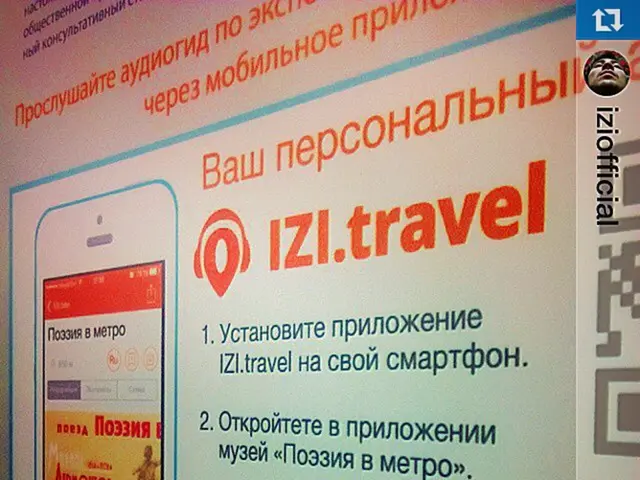Compulsory Mediation Discussions: An Overview of What's to Come
In the realm of dispute resolution, a growing trend is the use of mandated mediation. This approach, described by professional mediator Kimberlee K. Kovach in her book "Mediation" (Jossey-Bass, 2005), offers a unique approach to resolving conflicts, even when parties are initially reluctant.
One of the key advantages of mediation, compared to the more public setting of a courtroom or hearing room, is its greater privacy. This confidentiality extends to private meetings (caucuses) where parties can share sensitive information freely.
Mandated mediation can save disputants and courts time and money by giving parties a chance to resolve their conflict quickly and efficiently. It may even be beneficial for getting reluctant disputants to participate in the process, potentially leading to positive results.
The stages of mediation include deciding where to meet and who to invite, opening remarks, the mediator's introduction, joint discussion, negotiation and proposal formulation, and if a consensus is reached, outlining the deal terms and drafting an agreement.
Effective strategies and techniques used in mandated mediation centre on facilitating communication, fostering collaboration, and guiding parties towards mutually satisfactory outcomes.
Key approaches include neutral facilitation, where a trained, impartial mediator guides the process to help parties communicate better and work collaboratively. The process is often structured, with orientation sessions to prepare participants, an initial meeting where each party shares their perspective, and mediator-led brainstorming of solutions to identify common goals.
Confidentiality is another crucial factor, with sessions being confidential by law or rule. This assurance fosters openness, as statements cannot be used in litigation.
Mediators seek to help parties reach a nonbinding but sustainable agreement, avoiding the time, cost, and adversarial nature of court proceedings. They may adopt a more facilitative or evaluative approach depending on the case complexity and parties' needs.
Mandatory participation with flexibility is a common feature of mandated mediation. Parties must attend sessions, with the option to proceed to litigation if mediation fails, but courts may waive mediation under certain conditions.
In summary, mandated mediation relies heavily on mediator neutrality and skillful facilitation, a confidential and structured process, mandatory but flexible participation, and a focus on collaborative problem-solving techniques to resolve disputes effectively. This approach, while having a lower success rate than voluntary mediation due to participants' initial reluctance, offers a valuable alternative to traditional litigation, unlocking creative resolutions and preserving relationships.
ADR clauses are being increasingly inserted in contracts by companies with customers, vendors, and employees, further highlighting the growing importance of mediation in resolving disputes. By choosing mediation, parties to a dispute have greater control over the outcome of the process compared to other ADR processes. The mediator helps disputants practice effective negotiation techniques to reach a mutually satisfactory resolution, making mediation a relatively fast, inexpensive, and less formal means of resolving disputes compared to other forms of ADR like arbitration and litigation.
- In the business world, Alternative Dispute Resolution (ADR) clauses are being inserted in contracts more frequently, emphasizing the increasing significance of mediation.
- By opting for mediation, parties have greater control over the outcome of the dispute resolution process compared to other ADR methods.
- The mediator, through effective negotiation techniques, assists disputants to reach a mutually satisfactory resolution, making mediation a quicker, cheaper, and less formal alternative to other ADR methods like arbitration and litigation.
- Mandated mediation, a growing trend in dispute resolution, relies heavily on the mediator's neutrality and skilled facilitation, a structured and confidential process, mandatory yet flexible participation, and a focus on collaborative problem-solving techniques.
- Laws or rules ensure the confidentiality of mediation sessions, creating an atmosphere that encourages openness and freer sharing of sensitive information, thus promoting effective resolution of conflicts.




